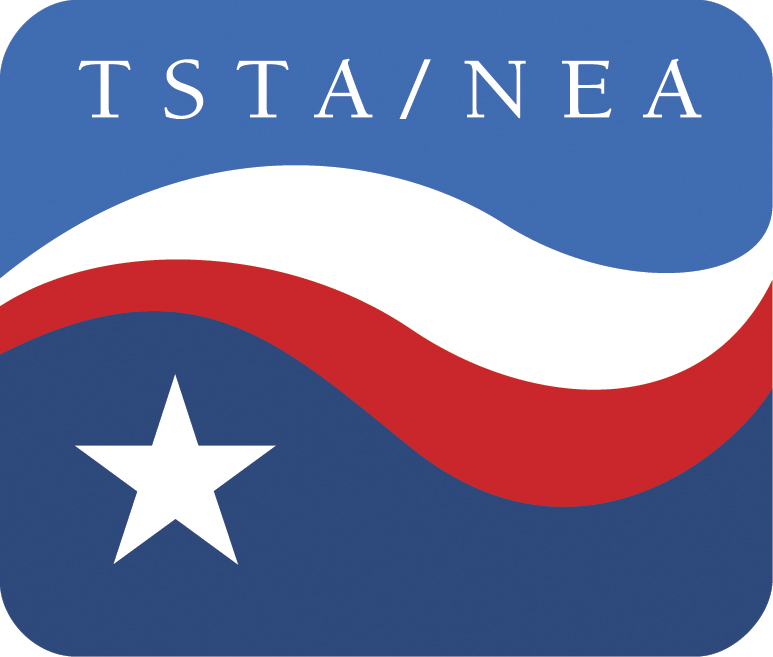Greg Abbott: A disaster for education
If anyone ever tells you that Gov. Abbott cares a whit about the school children of Texas, try not to laugh. Or cry. Or question their intelligence.
Just consider them uninformed, misinformed or simply in a state of denial.
It’s bad enough that Abbott is now campaigning against a group of Texas House members from his own party for trying to protect their public schools, something their constituents sent them to Austin to do. In a fit of political pique, the governor also intentionally left public school districts woefully underfunded, and the problem will worsen.
As you probably know, the House members targeted by the governor voted during a special session in November against the governor’s private school voucher priority. Had this plan passed, it would eventually have sent billions of Texas tax dollars each year to unregulated private schools, endangering the continued existence of our under-funded public education system and the futures of the children it serves.
After voting successfully with the House majority for an amendment that removed the voucher language from a broader public education bill, these legislators were prepared to vote for other provisions in the bill, including increased funding for public schools and teacher pay raises.
But the bill’s sponsor pulled the rest of the bill down and let it die as the last special session of 2023 came to an end.
Abbott had made it clear he was holding public schools hostage to his voucher priority, and when vouchers failed, so did much-need additional funding for public schools as well.
Now, some of Abbott’s pro-voucher allies – who may be receiving funding from the governor’s political account — are falsely telling Republican primary voters that the lawmakers who voted against vouchers also voted against public school funding. That is a lie.
Because of Abbott’s failure to support more funding for public education – even when the state had a record, $33 billion budget surplus – many school districts are now operating on deficit budgets that school boards adopted last summer in anticipation of more state funding, which didn’t come. Some districts also have dipped into reserve funds to pay for much-needed pay raises for teachers and support staff.
Although districts also are still struggling with learning-loss fallout from the pandemic, the state’s basic allotment of $6,160 per student hasn’t been increased since 2019, and school finance experts believed an increase of at least $1,000 was necessary last year to keep up with inflation alone. But the governor said no – not without vouchers.
The Legislature did enact some additional school funding for security measures, but it wasn’t enough to cover all the new state requirements.
With the next regular session of the Legislature not scheduled until next January and no special sessions anticipated this year, many school districts will have to adopt even-tighter budgets this summer for the 2024-25 school year. This will require additional difficult cuts, including jobs, affecting classrooms and other school programs.
Abbott hasn’t said much, if anything, about school budgets since the Legislature left Austin. But addressing the voucher fight, he said, “I am in it to win it.”
Greg Abbott is a disaster for public education.
